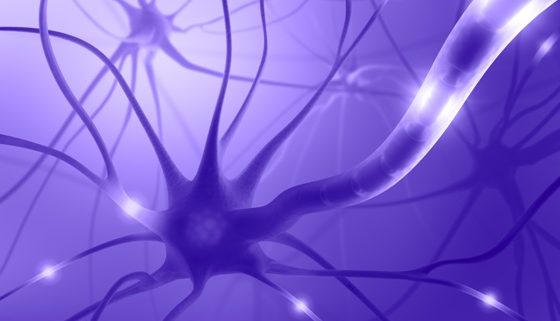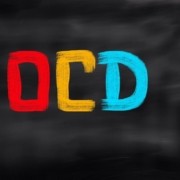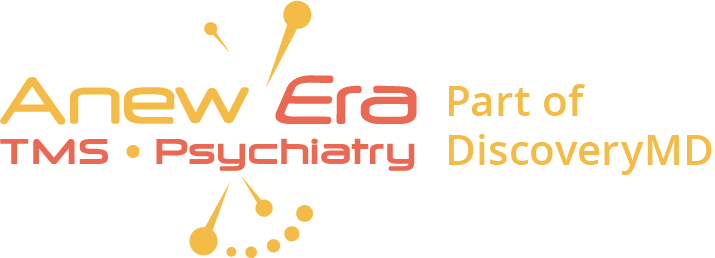TMS and ECT: A Comprehensive Comparison of Brain Stimulation Therapies
In the realm of psychiatric treatments, there are two prominent contenders vying for the spotlight: transcranial magnetic stimulation (TMS) and electroconvulsive therapy (ECT). As we explore the pros and cons of each, it becomes evident that TMS stands out as the newer, safer, and non-invasive champion in the battle for effective treatment of mental health disorders.
Transcranial Magnetic Stimulation (TMS): The Modern Marvel
TMS Therapy Pros:
- Non-Invasive Marvel: TMS therapy is a non-invasive procedure that eliminates the need for anesthesia or sedation. Patients can remain fully awake and alert throughout the treatment, mitigating the risks typically associated with anesthesia.
- Minimal Discomfort: The most commonly reported side effect of TMS is a mild headache, which is generally well-tolerated and tends to subside over time. Importantly, it rarely interferes with daily activities, making it a minor inconvenience at worst.
- Outpatient Convenience: TMS therapy is administered on an outpatient basis, allowing patients to return to their regular routines immediately after each session. Hospitalization or extended downtime is not required, enhancing the convenience factor.
- Insurance Coverage: An attractive aspect of TMS therapy is that it is often covered by health insurance plans, making it an accessible option for a wide range of individuals.
- Proven Effectiveness: Clinical studies have unequivocally shown that TMS therapy is highly effective, especially for individuals who have not responded to other treatments. This therapy offers renewed hope for those battling treatment-resistant depression and various other mental health conditions.
TMS Therapy Cons:
Despite the numerous advantages of TMS therapy, it’s important to be aware of potential mild side effects, such as scalp discomfort or headaches. Thankfully, these side effects are typically short-lived and manageable.
Electroconvulsive Therapy (ECT): The Older Contender
ECT Pros:
- Historical Effectiveness: ECT has a long history of being an effective treatment for severe psychiatric conditions, particularly when other methods have proven ineffective.
ECT Cons:
- Invasive Nature: ECT is an invasive procedure, necessitating general anesthesia and muscle relaxants. This increases the risk profile for patients, making it a less attractive option for those concerned about invasiveness.
- Memory Loss and Confusion: ECT is associated with side effects like memory loss and confusion, which can be distressing for some patients. These side effects are a significant drawback compared to the minimal side effects of TMS therapy.
- Recovery Time: Following ECT sessions, patients may require a recovery period, limiting their ability to immediately resume daily activities. In contrast, TMS therapy offers a swift return to regular life.
- Stigma: ECT carries a historical stigma due to its portrayal in media and literature, which can deter individuals from seeking this treatment, adding to the hesitation surrounding it.
- Not Well Tolerated by All: ECT may not be well-tolerated by individuals with certain medical conditions, including heart problems, further limiting its suitability.
The Verdict: TMS Emerges as the Modern, Safe, and Non-Invasive Winner
In the showdown between TMS and ECT, it’s clear that TMS emerges as the contemporary champion in the world of psychiatric treatments. Its non-invasive nature, minimal side effects, outpatient convenience, insurance coverage, and proven effectiveness make it a compelling choice for individuals seeking relief from mental health conditions.
While ECT has a history of effectiveness, its invasive and potentially disruptive nature, coupled with the associated stigma and side effects, places it at a disadvantage compared to the modern marvel of TMS therapy. As we navigate the ever-evolving landscape of psychiatric treatments, TMS shines as a beacon of hope, offering a safer and more accessible path to improved mental health.
When considering TMS therapy for yourself or a loved one, consult with a qualified healthcare provider to explore this modern marvel and its potential to transform lives. At Anew Era TMS & Psychiatry, we are dedicated to helping individuals break free from the grip of mental health disorders using state-of-the-art TMS technology. If you are struggling with depression or another mental health condition, contact us today at (877) 701-0550 to learn more about TMS therapy and how it can help you.











